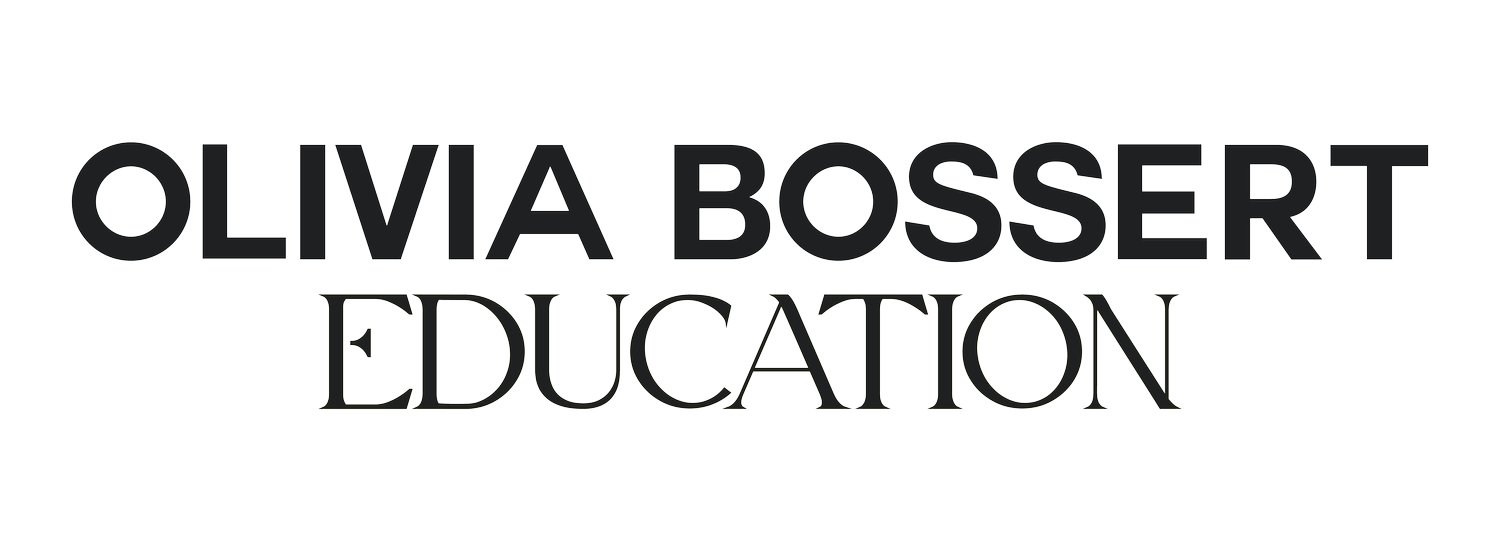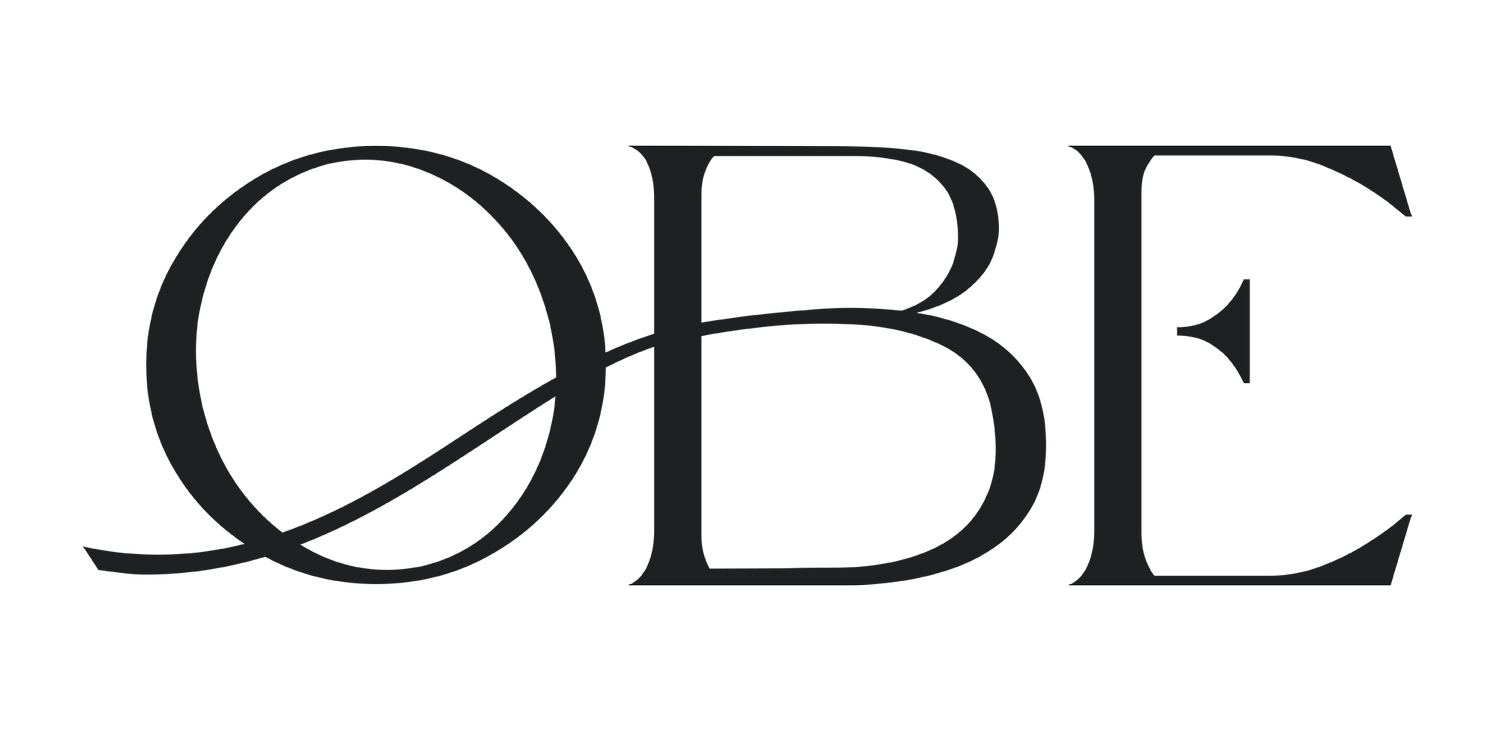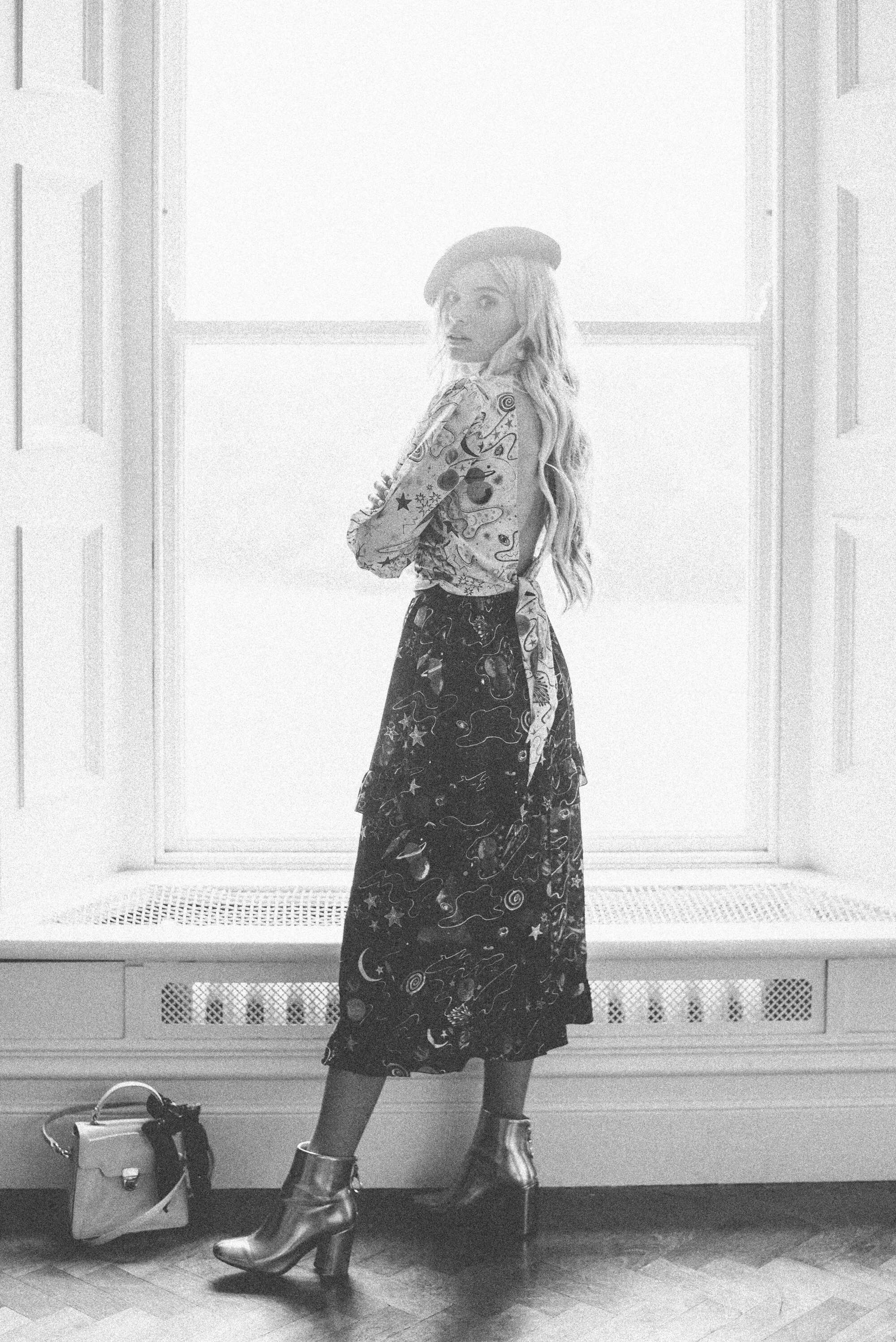Your Photography Pricing Questions Answered
Let's chat pricing. This is one of the biggest struggles that SO many of you have.
I wrote a blog post on this topic a few years ago, and although much of that is still relevant, I've learnt a lot since then, and the way that I now price my services has completely changed. Gone are the days where I have a flat rate fee, and deliver 1000000 images to my clients. That worked for me for a while, but it reached a point where I was editing for hours, and not being paid my worth.
This is a long one, so get comfy!!
Costs
Before you can do anything, you need to know what your costs of doing business are, as well as your living costs. There is no point at all in plucking a random number from the sky, and hoping that it will be sufficient in making you a living, if you haven't done any maths.
There are plenty of tutorials online about how to do this, so I won't go over it in loads of detail, but in a nutshell:
Figure out how much you spend per year on running your business. That's things like costs of software, travel, kit updates, insurance, accountants, etc.You'll have fixed and variable costs, and it is much easier to know realistically how much you spend each month after you've been in business for a little while. But even if you're starting out, you can make a guess. I'd suggest adding a bit more to that number to be on the safe side/making room for unexpected costs.
Then, you need to do the exact same thing with your living costs. That's how much you spend just to live your life, day to day. So, add up how much your rent/mortgage is, your food, going out, gym etc. That's your cost of living.
Add the cost of doing business to your cost of living, and you've got your breakeven point. That's how much you need to earn JUST to cover your costs. No profit.
The reason this is so important is that we all have very different lifestyles. Our lives and our businesses all cost vastly different sums. How much I spend a month may be way more, or way less than you would ever spend. Therefore, how much I earn compared to you may be totally different.
Estimates
These days, when a client asks me how much I charge or what my rate is, I never reply with a number immediately. I quote on each job I do individually, because each shoot will require so many different things.
One brand might need 10 hours on set, with 10 final images that are just cleaned up in Capture One. Another might need 5 hours on set, but 35 images that are retouched. Both jobs will be estimated in totally different ways.
An estimate is what is sent to client enquiring about jobs in the commercial world. They break down each and every single cost which is PREDICTED to be involved to make the shoot take place. My estimates tend to include:
My creative fee as a photographer
The usage fee
The cost of any assistants + digital technicians
Equipment costs
Travel costs
Post production costs
+ anything else that the job requires.
Each of these elements is broken down specifically, so that the client can see how much everything comes to. That's because, often, commercial jobs require biiiiiig budgets. If we were to go back to a client and say: “This job will cost about £15,000.” and not share with them where that £15,000 is going, I think they'd question you. It's about transparency.
An estimate is also very much that. It's an estimate of the final fee. It may be more after the job is done.
If you'd like to see some examples of real life estimates, I highly recommend having a browse and read of the blog “A Photo Editor” where they regularly share estimates that photographers and agents send in. It's SO helpful to see.
What To Actually Charge
This is where it's harder for me to advise you, because the figures that you put to your services is SO personal. The industries around the world are also so different, and I know that a lot of you reading this aren't based in the UK.
To start with, you should know what you need to earn to break even, based on the working out of your costs. You'll know by now that you can't, realistically, be shooting every working day of the week, because there is so much that goes into running a photo business that isn't taking photos.
I'd love to say that you can take those costs of doing business, add on the profit you'd like to make, and then divide that number by the amount of days per week you plan to work each year. However, this industry doesn't really work like that. There are some ballpark figures that you can expect to earn for jobs, so it's more about figuring out what your the going rates are in your area within the industry, and figuring out how much you'd need to work at those rates to make the money you want to earn.
I know that isn't necessarily very helpful, but there are some things that you can do.
The NJJ Freelance Fee's Guide is a helpful resource for knowing how much to charge.
Fuck Gatekeeping is great website which also is very transparent about rates.
Speak to photo agents. They will often help either by helping you to bid for big jobs, and take care of all of the estimating for you. However know that if you win the job, they will take a cut of the fee (usually 25-30%. It depends on the agent).
Ask other photographers. This is where having a network of other fashion photographers that you're friends with becomes so vital. I'm CONSTANTLY talking to my friends about rates, asking them what they charged, what the usage for X was, etc. Build up that network.
To give you an idea of some rates, I had a conversation with agent a few years ago who gave me some ballpark figures to work from:
Editorials were anything from £800-£1000 all in (that includes equipment, assistants, travel, etc).
Social media jobs were around the £1500-£2000 mark, not including other costs like equipment, travel, assistants, etc.
Commercial jobs were anything from £2000+. This wouldn't include any usage costs or costs of producing the shoot (post production, equipment, etc).
Does that mean that I charge those numbers for all of the jobs I do? Absolutely not. It's just something to use as a guide, and then it comes down to who the client is, what their budgets are, what the job is, the experience the photographer has, etc. SO many factors come into play. Some jobs will be more, some will be less.
When An Enquiry Comes In
Ok, so it's great knowing what ballpark figures are, but what do you actually do when someone emails you and says: “Hey, can we shoot?!”
The first question I will ask is whether they have a budget. More often than not, they will have a set figure on how much they can spend. You can then follow up by asking the other key questions which should be things like:
How will the images be used?
How many hours/days will be required?
How many final images will you need?
Do they need to be retouched, or just cleaned up and graded?
Would there be any colour matching involved?
You may have other questions that you need ask, but thats a good place to start.
Based off of the answers you get, you can then put together an estimate, share it with the client, and see what they say.
The beauty of putting together a detailed estimate, is that it allows for easy negotiation. If the estimate is coming up as way over budget, perhaps they could have fewer images? Or maybe the usage could come down a bit?
Overall though, this process takes the EMOTION out of pricing (as much as you can as a creative, because ultimately we will always feel some kind of emotion when sending out a quote!!).
Final Thoughts
Honestly, the best advice that I can give you around pricing is this: it get's easier, and you will get better, but you're always learning, you're always growing, and you're always testing new things out.
Pricing is tough, there is no getting around that. You may not feel that you're ready to charge in this way yet, or maybe you look at the figures that I shared above and think “I'm just starting out and there is no way that I can charge that.” That's ok. This is YOUR business, and you can run your business however you want. My purpose here is simply to share with you what I'm doing, continue to share what I learn, as I learn, and hopefully make life a little bit easier as a fashion photographer.
If you're left with a million questions, feel free to ask away. If I'm able to help you, I will!



